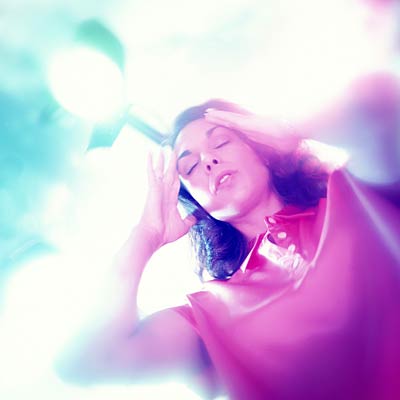
A stroke—a decrease in blood flow to the brain due to a clot or bleeding—is a medical emergency. And doctors often say “time is brain,” meaning the quicker you get treatment, the less likely it is that your brain tissue will be permanently damaged. About 80% of strokes are due to a clot (ischemic strokes) and the rest are due to bleeding in the brain (hemorrhagic stroke).
Stroke can cause double vision, blurred vision or loss of vision in one eye.
But it may not be as well recognized as facial weakness, arm weakness, and speech problems.
Stroke can impair the ability to express yourself or understand speech.
Weak arm or leg. When you’re having a stroke, it’s common for an arm or leg (or both) to suddenly go weak, numb, or to become paralyzed. Often the affected limb is on the side of the body opposite from where the stroke occurred in the brain.Extend both arms (palms up) for 10 seconds. If one arm drifts downward, that indicates muscle weakness, a sign of stroke. Another test: With eyes open, lift each leg separately.
If you are dizzy, nauseous or have trouble walking, people may think you’re intoxicated when, in fact, you’re having a stroke.
Pain is not a typical stroke symptom. But if you have sudden pain in an arm, a leg, one side of your face or chest, don’t brush it off.A study found women experience non-traditional stroke symptoms 62% more often than men, and one of the most common is pain. A sudden, severe headache, perhaps the worst you’ve ever had, is a common stroke symptom.One study involving 588 patients found people who experienced headache with the onset of stroke tended to be younger and have a history of migraine. Women were more likely to have a headache with stroke than men.
Sudden, one-sided facial weakness can be a sign of stroke. Emergency medical personnel will ask you to smile or show your teeth. If one side of your face sags or doesn’t move, that could mean you’re having a stroke.
A recent study of gender differences in ischemic stroke, the type caused by clots, found that women having a stroke were more likely than men to experience general weakness, fatigue, disorientation, and change in mental status.Another study found 23.2% of women reported altered mental status, compared with only 15.2% of men.
Usually, hiccups are a minor nuisance.But when stroke affects the brain’s breathing center, it can trigger a sudden, protracted case of hiccups, more commonly in women.
Breathlessness or heart palpitations, Can’t catch your breath? Feel like your heart is racing or fluttering? A study of gender differences in stroke found that women are more likely to experience these kind of symptoms.
No comments:
Post a Comment